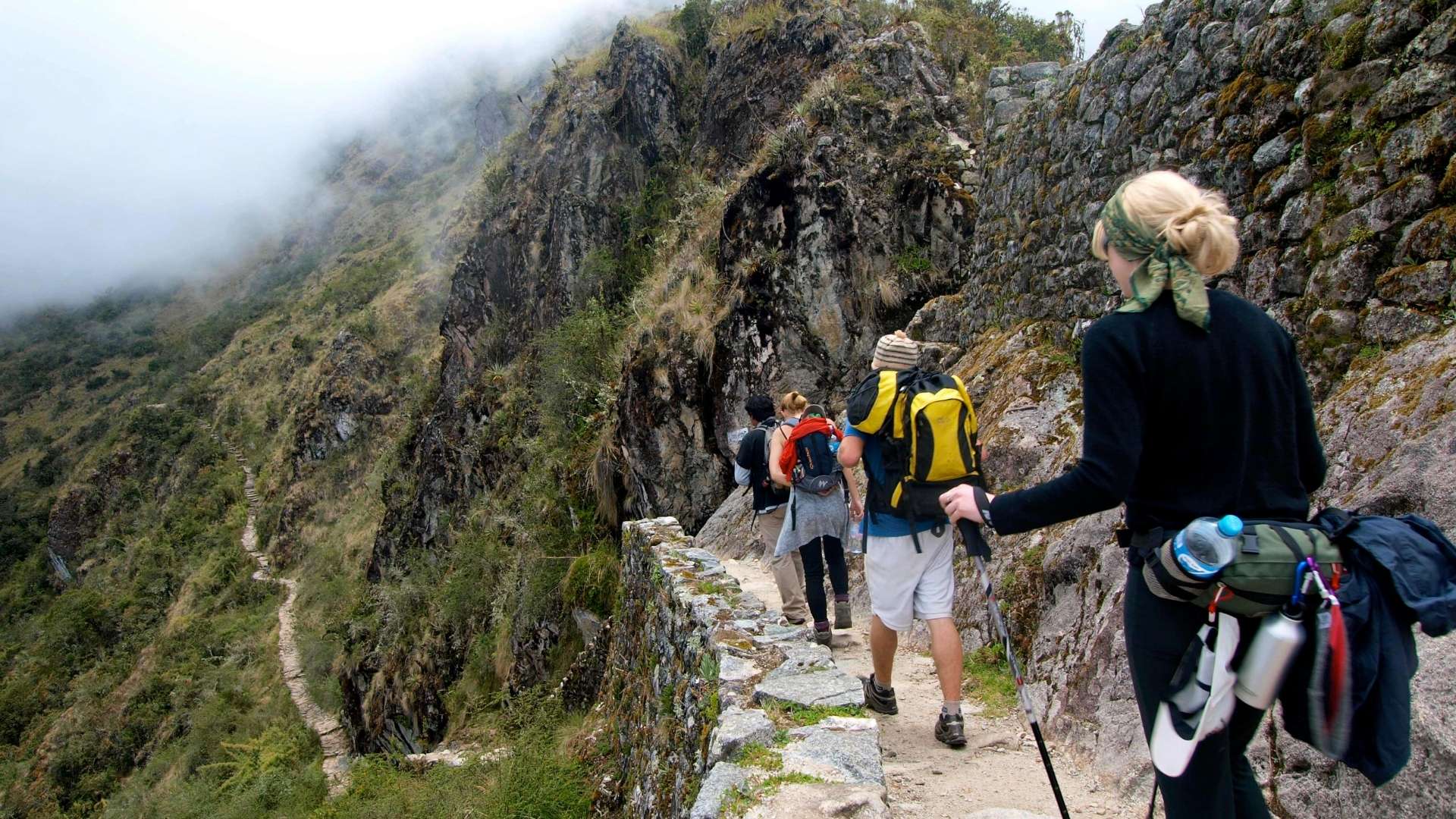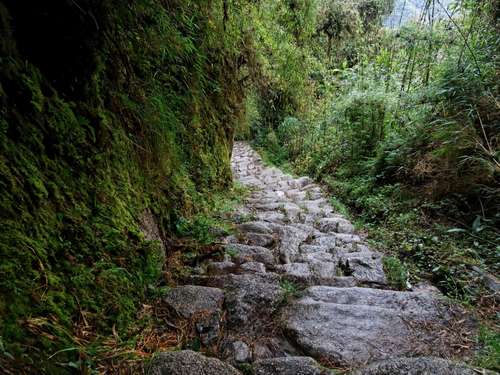Blog Hanaq Peru Travel
5 Things You Should Do to Prepare for the Inca Trail



The traditional 4-day Inca Trail hike to Machu Picchu is an amazing experience. You get to trek the same stone path that the Incas built and used to reach Machu Picchu, and after four days of hiking and visiting impressive Inca ruins, it is exhilarating to reach the Sun Gate and see Machu Picchu for the first time. It is not an easy hike, however. Permits sell out at least six months in advance and must be booked in advance. Therefore, we strongly recommend that you take sufficient time to prepare for this once-in-a-lifetime experience and follow the recommendations below.



Fitness
The traditional four-day Inca Trail involves more than 10,000 steps and a total of 45 km or 28 miles of hiking. The second day, the most difficult, requires hiking to Dead Woman’s Pass at an elevation of 4,215 meters. It will take approximately four hours to climb 1,000 meters in elevation. To do this, you need to be in good physical condition. This means doing aerobic exercise and preparing your legs for both the ascent and descent. Whether you have access to an elliptical or Stairmaster at the gym or you have stairs in your house or apartment that you can ascend and descend, make sure you exercise.
Altitude



Being in good physical condition is great, but even excellent physical fitness can be a problem at high altitudes. It is important not to underestimate the side effects of altitude sickness. If you have experience at high altitudes and know how your body reacts, that’s fine, but if not, you need to prepare accordingly. First, to help you acclimatize to the altitude, try to spend at least two days in Cusco or the surrounding high altitude areas before you start hiking. This will give you time to acclimatize and see how you are doing at high altitude. Next, it is recommended that you talk to your doctor about getting a prescription for an altitude sickness medication called Diamox (this medication, called soroche pills, is also available in Cusco). Diamox is known to have some unpleasant side effects, such as tingling in the fingers and toes, but is generally considered preferable to the effects of altitude sickness. Third, drink plenty of water, drink coca tea and chew coca leaves in Cusco, and try not to overeat.
Passport
When you make your reservation for the Inca Trail, you need to provide your personal information including your full name, nationality, passport number, date of birth and gender. This is the information we use to reserve your permit, since each hiker’s permit is personalized and cannot be used by anyone else. When you start the hike, your passport will be checked and it needs to match the information on your permit. If you renew your passport in between the time when you booked and when you start the hike, you need to send us copies of both your old and new passports so that we can change the number on your permit. Please note that the only information we can change on your permit once it is reserved is your passport number. If the information on your passport does not match your permit, you may not be allowed to do the hike.
Extra Quechua
Since the Inca Trail is protected by the national park, we are required to use Quechuas (porters) to carry the equipment. Our Quechuas carry all of the general camping gear such as the sleeping tents, bathroom tent, kitchen and dining tents, table and chairs, food, cooking supplies, etc. Each hiker is responsible for carrying their personal gear, which includes the air mattress and pillow that is included in our service, as well as your sleeping bag. To be able to carry all of this on your own, it means having a 35-50 L hiking backpack. It is important to be realistic about the weight you will need to carry and to consider if you should hire an extra Quechua to help carry some of your gear. About 2/3 of our hikers choose to hire an extra Quechua to help with some of their gear, whether they have everything carried so they just hike with a small day backpack or they split the extra Quechua with their friends to have only their sleeping bags and mattresses carried. If you aren’t sure if you need an extra Quechua, get a hiking backpack and try it out. Fill it up with at least 18 lbs or 8 kg and see how it feels. Hike up and down some stairs with it, and imagine how it would feel at high altitude. If you still aren’t sure, then keep in mind that none of our hikers who have hired extra Quechuas have ever said they regretted it. It may be better to be safe than sorry!
Pack
When preparing for your hike, it can be hard to know what you will need to take with. However, it is important not to overpack since otherwise you will be stuck carrying extra weight which will make the hike more difficult. Please take a look at our recommended packing list:
- Original passport
- Sleeping bag
- Backpack to carry your things
- Trekking poles
- Bathing suit (if you would like to enjoy the hot springs in Aguas Calientes)
- Good sneakers or light hiking boots, and one pair of flip-flops or light sandals
- Camera and extra batteries
- Flashlight
- Rain jacket and plastic poncho (especially if traveling in the wet season, from October to March)
- Comfortable hiking clothes
- Bug repellent
- Sunscreen and sunglasses
- Cap for the sun
- Warm clothes for the nighttime including thermals, warm hat, and gloves
- Travel towel
- Toilet paper
- Water bottle and about 1 liter of water for the first day until lunch, and after that we will supply you with boiled water for the rest of the hike
It is especially important that you have extra camera batteries and enough space on your camera’s memory card. During the hike, you will only have the chance to charge your batteries at the first campsite since there is a village there (it is necessary to ask your guide about this, since he needs to ask a local family to use their electricity and you may need to pay about 5 soles). After that, there is no electricity, and the worst thing is to run out of batteries or space on your memory card while you are in Machu Picchu! Keep in mind that batteries run out faster at high altitude.
Also, please make sure to take important medicines with. Your guide will have a basic first aid kit and oxygen that can be used in emergencies, but you should have your important prescriptions in your backpack.


